Why Austin environmentalists are against preserving paradise and taking away parking lots
Austin's origin story needs a rewrite
The uprising began with little hope. A couple of investors looking to diversify their fortunes by expanding into real estate development were asking the Austin City Council to approve a 30-year plan to develop the tree-covered hills just southwest of downtown into golf courses, apartment buildings, and commercial space. There were well-meaning environmental reasons to oppose development over the fragile watershed known as Barton Springs, but the real injury was the violation to such a pretty part of town that still held onto its wildness. This was a plan to literally pave paradise and put up a parking lot, so a grassroots group formed to sound an SOS: Save Our Springs.
The rebellion started at around 3 o’clock in the afternoon of June 7, 1990. To this day, Austinites tell the story of what happened next. In fact, just this week a man wearing cargo shorts and a black T-shirt with his long, gray hair twisted into a knot gave his version to the Parks and Recreation Board.
“Many years ago,” he said, “the community rose up on its hind legs and spoke out against a development that would have destroyed Barton Springs. A thousand people showed up to speak. More were outside exhorting people to honk, sing, dance, and speak out against it. It was a slam dunk that this thing was going to go through. It was going to be approved.”
The speakers included country singers, college football coaches, and radio personalities as well as many then-younger environmentalists who now more than three decades later hold great power in town. One after another they spoke, a few for the development, but most against, until five in the morning. The Council, which was a mix of those elected by business interests and some liberal environmentalists, voted 7-0 against the development.
This was unquestionably one of the greatest things ever to happen to Austin and an unvarnished story of democratic heroism, and it led to a truce a decade later between developers and SOS that resulted in the preservation of 50,000 acres of green space and the protection of the aquifer where Austin gets drinking water. SOS is directly responsible for protecting what remains of Austin’s bucolic environment.
But it’s also why Austin is having such a hard time now.
In 2000 — a year after the truce — SOS hired Bill Bunch, one of the original ring leaders, as its executive director, and he’s held that post ever since. The story of June 7, 1990 as told on SOS’s website is an origin story of an eternal war.
The “lessons learned” from that night are many, but chief among them
is that sometimes citizens must stand up, protest, and demand, loudly,
with many and diverse voices before there is any real change. The
“powers that be” are entrenched, and elected officials are loath to
cross them. Democracy only functions when citizens participate;
simply voting every two years is not enough. The struggle to save our
springs continues, with previous efforts reignited that night 30 years
ago.
Here is how they see the world: To counter powerful, unknown forces that control our elected officials, you have to protest and demand your way loudly — and you can never stop, never mind that they secured all the land to protect the aquifer and Barton Springs, essentially saving the springs. This fight can never stop.
This only makes sense if you can imagine the world is still 1990. Back then, Democrats controlled the Governor’s mansion, most statewide offices, the appellate courts, and the legislature — and the local sheriff was a Republican, business interests held outsized sway over local elections, and the suburbs were solidly Republican. Since then it’s flipped, everywhere, that is, but in Bill Bunch’s head. In Austin, where all but one member of the city council are now liberal environmentalists, every development deal is another battle for the soul of Austin against the corrupt forces of greed.
This the model for local politics even when it has nothing to do with Barton Springs. When I worked in the Mayor’s office, someone needed a zoning variance to turn an office park into a housing complex. They were even going to build a playground, which the neighborhood lacked. But the office park was called Austin Oaks, and the people who developed that had planted oak trees, and over the years the trees had grown large enough that, though non-native and completely ornamental, cutting them down required permission from the city.
Even though the project would be a net-plus for the environment — a massive parking lot would be replaced by greenspace — NIMBY opponents opposed the project as an assault on nature, or in this case the five trees that needed to be removed. To make it politically unpalatable to allow them to be cut down, the activists named the trees. One tree was named after Willie Nelson, another after Waylon Jennings. Patsy Cline got another. You get the idea.
That didn’t work, and the project came before the city council on March 23, 2017. The parade of speakers opposed to the project was six hours long — notice a pattern here? — and included a woman with a to-scale diorama of the land with 700 tiny trees that she said, falsely, would be cut down to serve the forces of greed that were symbolized by raw eggs and a reported $6,000 in cash that she destroyed her diorama with while Swedish death metal played. She also showed us a movie where the same thing occurred. I swear this is all true. We all stared at her in varying degrees of delight and shock. To this day I consider it the greatest piece of performance art I’ve ever seen, but her message was pure Bunchian balderdash: We could not trust the greedy developers, and the development would hurt the environment (even though it would do the opposite).
The most poisonous facet of this dynamic is how they weaponize misinformation. Anyone working for the government is lying, anyone supporting more housing is corrupt, and facts are fair game. Bunch opposed Mayor Steve Adler’s plan to expand the convention center because Adler didn’t support using the resulting hotel taxes to fund improvements at Barton Springs. Bunch whipped up environmental opposition, railing against us as tools of the “downtown growth machine,” never admitting publicly that state law says you can’t use hotel taxes on parks.
When the city tried to update its land development code, Bunch and others opposed the effort to add more housing density to a booming city. “Austin is not Calcutta,” sniffed the head of the Austin Neighborhood Council. But instead of fighting it on merits, they resorted again to misinformation, accusing Adler of wanting to allow large apartment buildings to be built in the middle of neighborhoods of single-family houses and of eliminating environmental safeguards even though the plan would have resulted in better stormwater management and less pavement.
Now the same thing is happening with the long overdue effort to improve Zilker Park, Austin’s Central Park that hosts the ACL Music Festival, Blues on the Green, and the Trail of Lights around the holidays among innumerable other events. It’s also where you go to swim in the Barton Springs pool, a chilly, spring-fed swimming hole that is truly one of the greatest things about America and something Bunch and his cohort should always be proud of protecting, full stop. Thank you.
But the park around the pool is worn down to the nubs from overuse. An outdoor, hillside amphitheater regularly draws crowds well in excess of capacity, there’s not enough parking, and the environmental damage including stormwater damage, soil disturbance, tree damage and erosion covers 92 acres.
So a few years ago the city council asked city staffers to come up with a plan to address all this. A consultant held all kinds of events to get public input, engaged the stakeholders, listened to experts and generally did all the necessary boring stuff that frustrates me because it takes so long. Then the consultant incorporated all that public input with the direction from the city and produced a plan.
That’s where Bunch and his crew swung into action by creating an opposition group called — see if you can note the historical parallel here, it’s super subtle — Save Zilker Park. Once again, facts are proving to be less than stubborn. Save Zilker Park has called the plan “an unprecedented privatization of the park” even though there isn’t a shred of proof to that at all. They’ve even said that the relocated amphitheater would be a Trojan horse for holding the ACL Music Festival year-round, which a park official called baseless.
They didn’t like that the plan included underground parking garages even though this would result in barren land and eight acres of surface parking being returned to green space. At a Parks and Recreation Board meeting, one opponent actually sang, “Paved Paradise and Put up a Parking Lot,” though by now you’ve figured out that the exact opposite would occur.
Nevertheless, opponents who, like Bunch, mostly live within walking distance of the park have fixated lately on the parking garages and suggested instead that if people from other parts of town wanted to use the park then maybe they could park somewhere else and take shuttle buses. And why couldn’t the ACL Music Festival be held out at the Formula One race track on the other side of the entire county?
“My concern about the organized opposition to the Zilker Vision Plan is that it feels like an effort that could take us back to a time when the park was accessible only to certain residents. Today it won’t be a sign out front saying who is and isn’t allowed … but something much more subtle,” said former Parks and Recreation Board Member Richard DePalma, who, because of the color of his skin, not too long ago would not have been allowed to live near the park, which is in a formerly whites-only section of town. Austin, after all, is not Calcutta.
The New Mexico architect who designed Austin’s innovative city hall had it right when he called Austin’s nattering class a “terminal democracy.” SOS succeeded beyond their wildest dreams back in 1990 and cemented their legacies for generations, but they learned the wrong lesson.
Their greatest success came in sitting down with developers and working out a mutually beneficial deal, but to them the point isn’t making changes to improve conditions so people can live better lives. Their goal is waging a winner-take-all fight to stop the powerful forces of greed. And how they stop that? Protesting. Demanding things loudly.
That’s right. Endless yammering. Which brings us back to the fellow who started us off by telling the story of June 7, 1990 to the Parks and Recreation Board. You remember, the old fella with the long, gray hair talking about the community rising up on its hind legs, people honking, singing, dancing, and speaking out in opposition to the wrongheaded deal that was supposedly a slam dunk. Do you want to guess why he thinks all those people won that fight more than 30 years ago?
“It was because they were allowed to speak for three minutes. This is democracy,” he said to cheers.
It seems the Parks and Recreation Board was limiting speakers to a minute apiece, which is just the kind of thing that unwitting tools for rapacious powers-that-be would do, now wouldn’t they?
Jason Stanford is the co-author of NYT-best selling Forget the Alamo: The Rise and Fall of an American Myth. His bylines have appeared in the Washington Post, Time, and Texas Monthly, among others. Follow him on Twitter @JasStanford.
Further Reading
We set up a merch table in the back where you can get T-shirts, coffee mugs, and even tote bags now. Show the world that you’re part of The Experiment.
We’ve also got a tip jar, and I promise to waste every cent you give me on having fun, because writing this newsletter for you is how I have fun.
Buy the book Texas Lt. Gov. Dan Patrick banned from the Bullock Texas History Museum: Forget the Alamo: The Rise and Fall of the American Myth by Bryan Burrough, Chris Tomlinson, and myself is out from Penguin Random House. The New York Times bestseller is 44% off and the same price as a paperback now!





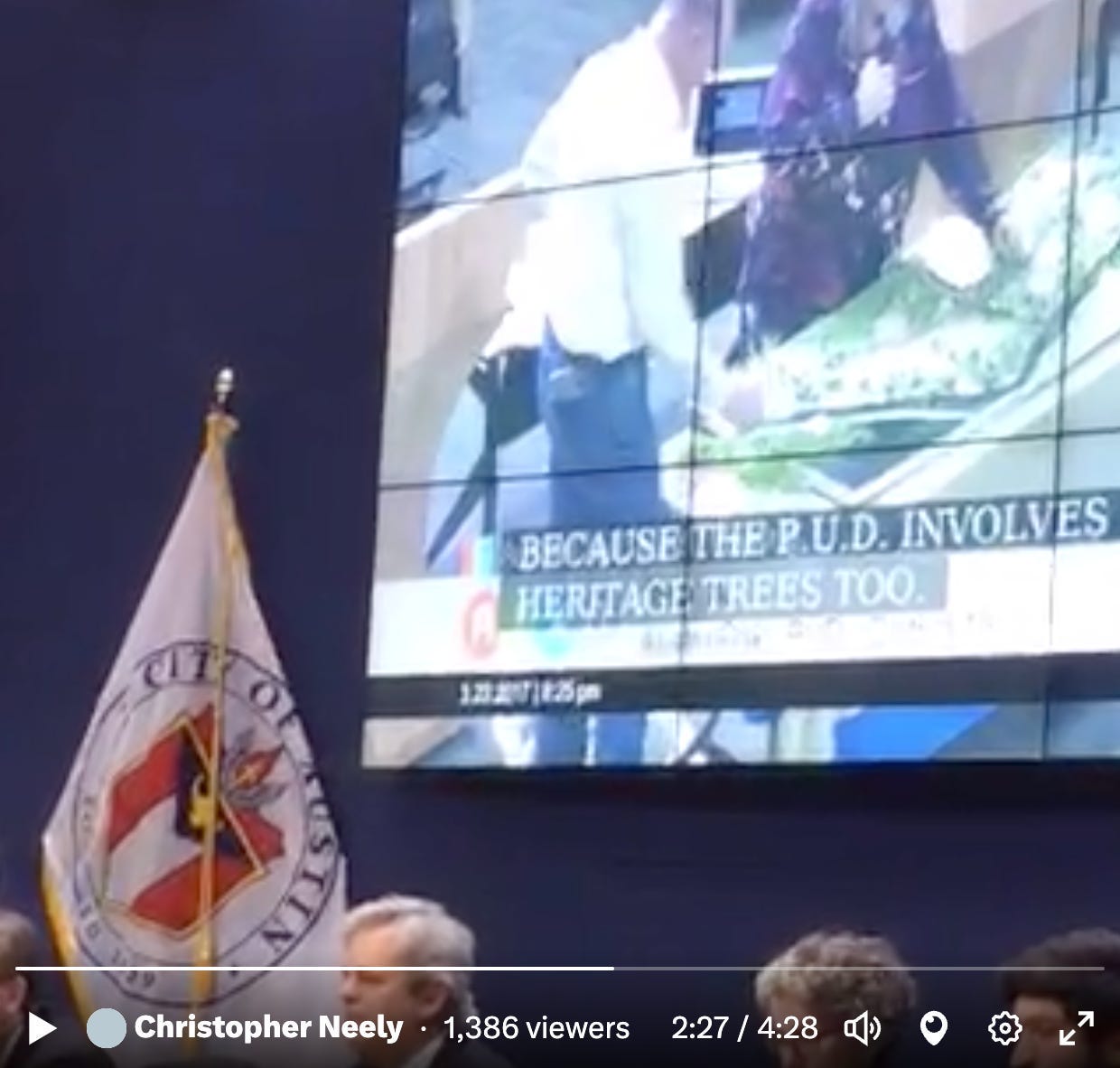
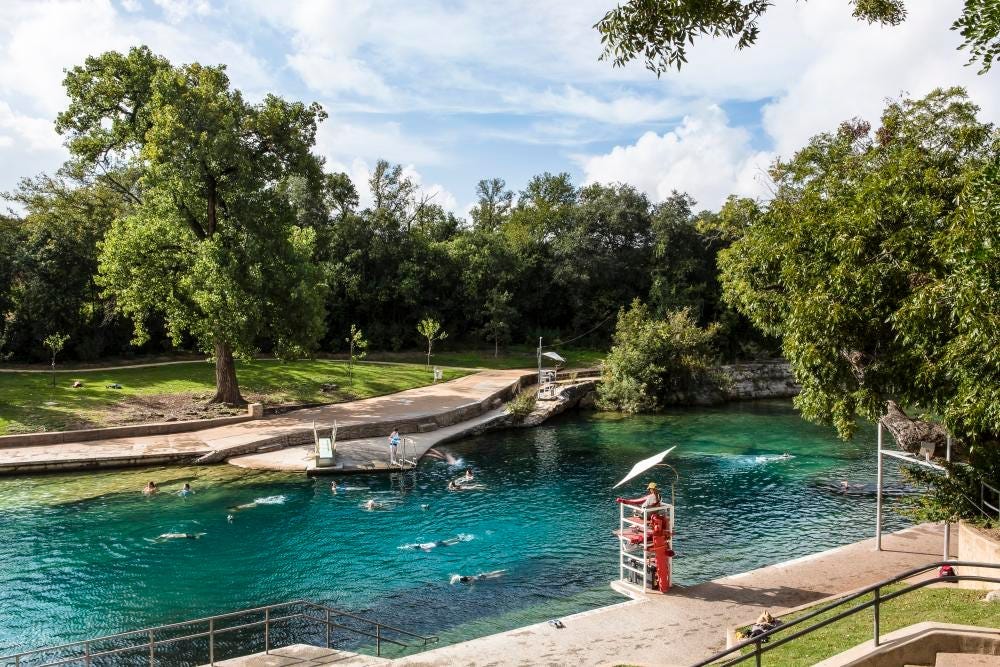

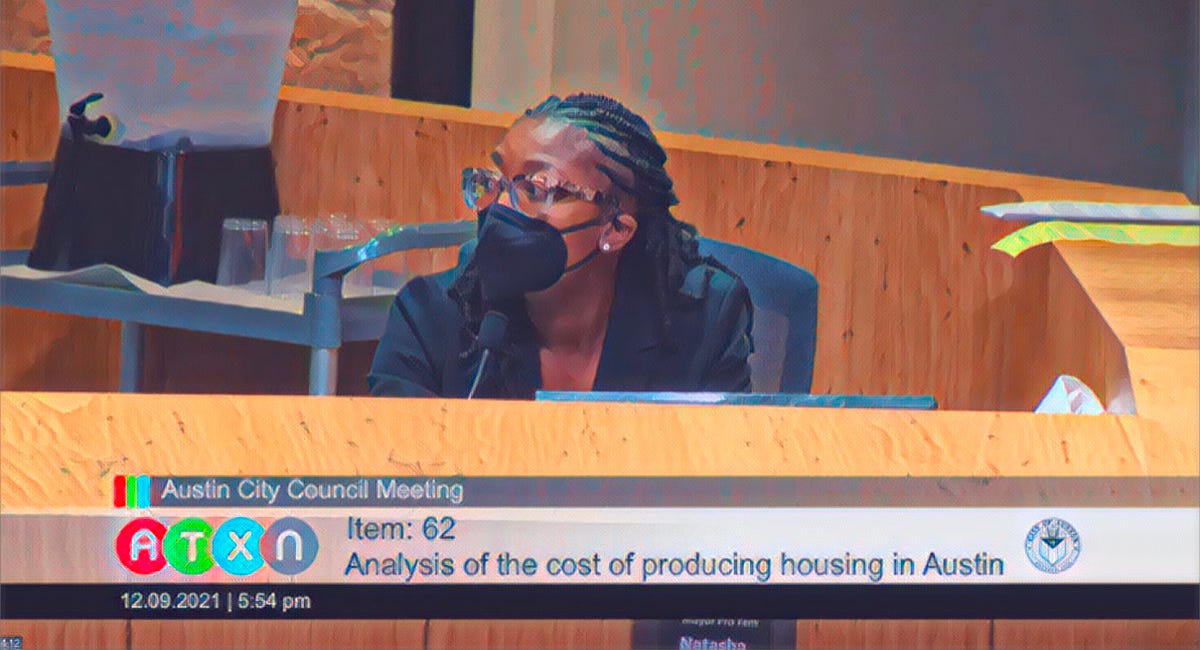
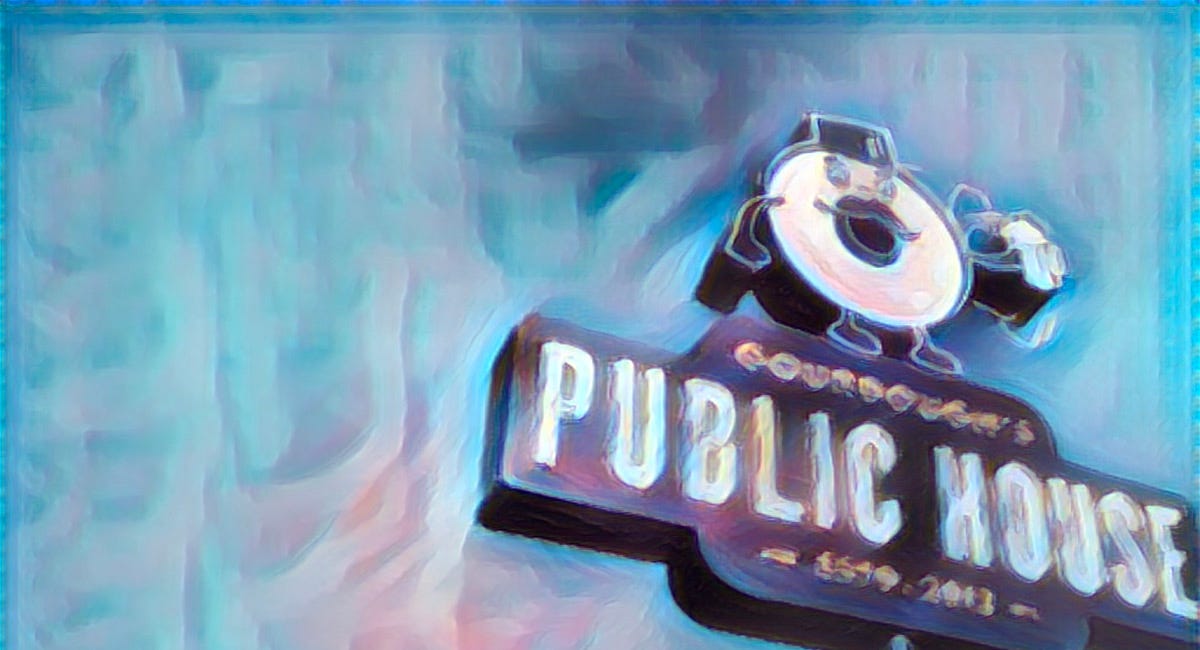
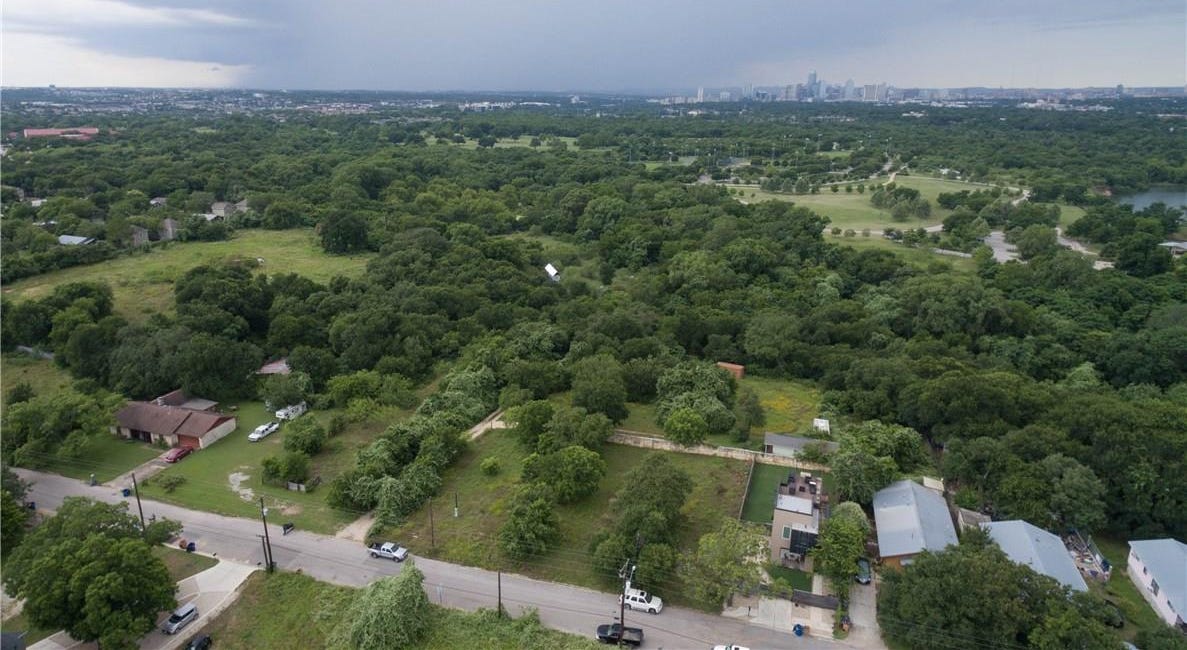

As a 5th generation Texan who family fought in the battle for Texas Independence, I so appreciated your book, which opened my eyes to so much I had never known, yet, given the era, makes so much sense. Thank you, Dorsey Cartwright PS: And I greatly resent an Lt. Governor and a carpet bagger to boot, self-righteously defending a self-serving myth.
This comment thread is quality content